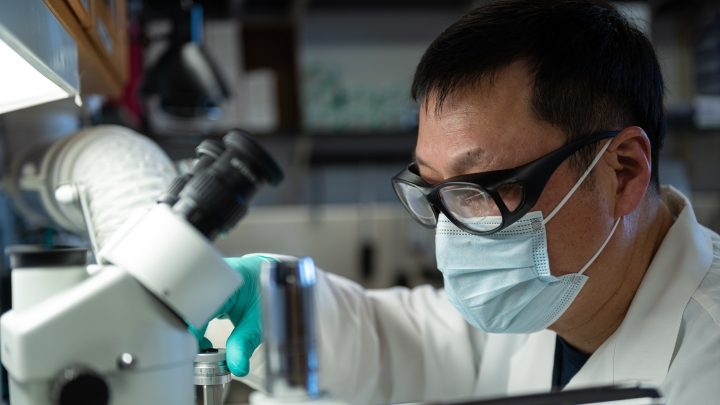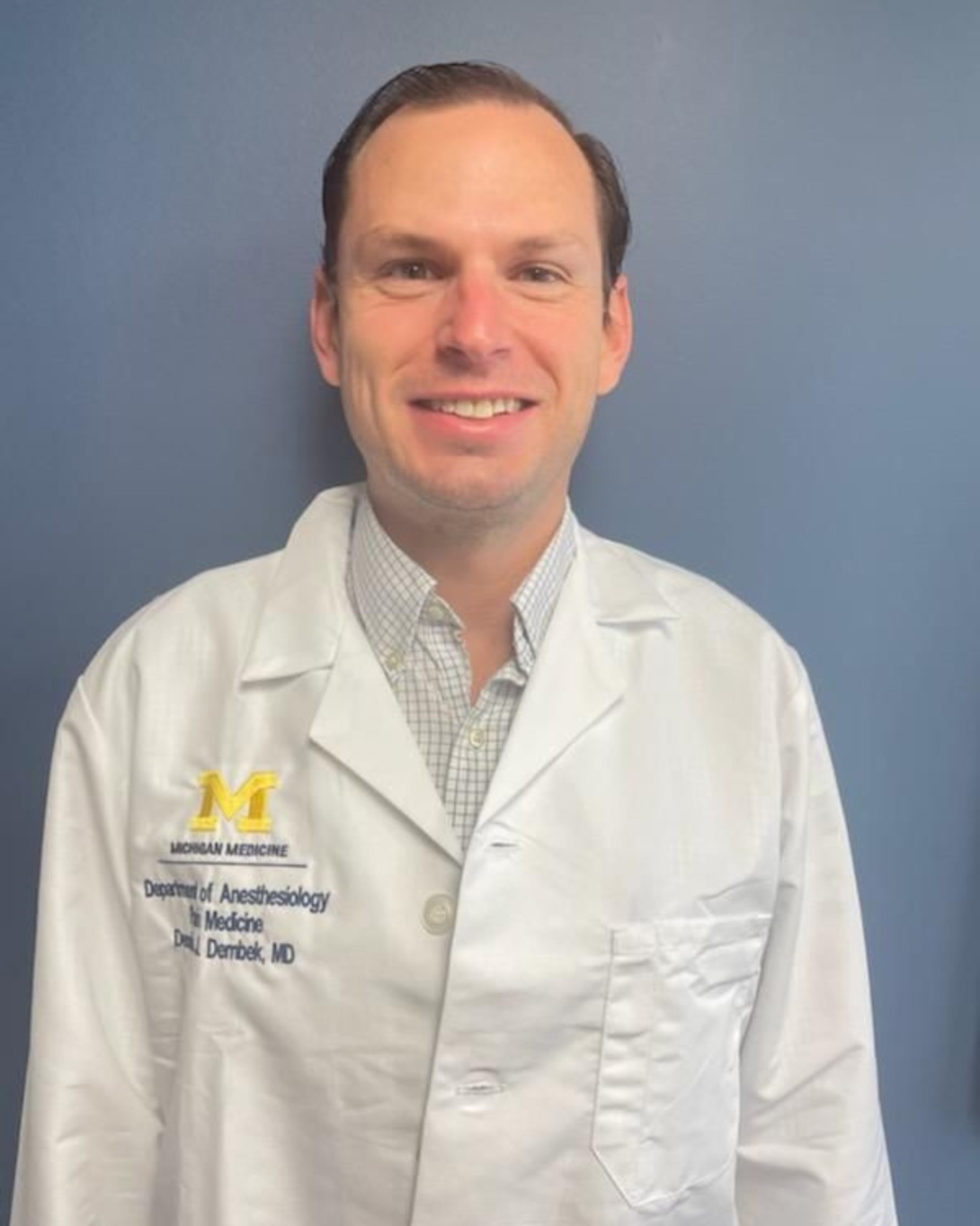-
Medical Student Programs -
Residency -
Fellowships -
Simulation Education -
Student Registered Nurse Anesthetist -
Other Learners -
MOCA -
Facilities & Spaces
The goal of the one-year Regional and Ambulatory Fellowship program is to provide advanced training in regional anesthetic technique and theory, with emphasis on the perioperative management of patients receiving neuraxial or peripheral neural blockade for analgesia and/or anesthesia. In addition, the fellow will receive training in management of the ambulatory surgery patient, and gain experience with day-to-day operation of an ambulatory surgery center.
Thank you for your interest in our training program. To apply, complete and return the application form. Selected candidates will be invited to interview with three regional/ambulatory faculty and the program director.
The Regional Anesthesia Fellowship training program is a one-year, non-accredited program that combines regional anesthesia, ambulatory anesthesia and general anesthesia practice. The fellow is assigned to the regional service three days per week, where expertise will be gained in:
- Upper and lower extremity and plexus nerve blocks
- Trunkal blocks
- Central neuraxial blocks
- Peripheral Nerve Catheters
- Nerve stimulation techniques
- Ultrasound techniques
- Intra-operative management of regional anesthesia
- Acute pain procedures
- Management of acute postoperative pain
- Round with the Acute Pain Service
- POCUS
The fellow will assume the role of junior faculty for general anesthesia cases two days a week with time split amongst the main operating rooms and the ambulatory surgery centers. They will take 1-2 in-house calls in labor and delivery each month. The remaining days will be dedicated to teaching and performing regional procedures and helping manage the ambulatory surgery center.
On a daily basis, fellows may participate in our morning conferences at the EAA surgery center and are expected to attend M&M every Thursday morning either in person or via Zoom. On a weekly basis, fellows are responsible for a lecture to residents either on the Acute Pain Service or at the ASCs, and will furthermore routinely teach hands-on, ultrasound-guided techniques to residents at those locations. Fellows will provide quarterly Journal Club lectures and present articles under the supervision of an attending anesthesiologist.
Fellows are encouraged to participate in ongoing research projects. Opportunities for clinical research and other scholarly activities are abundant and will be tailored to the interests of the fellow.

We seek to be the pre-eminent academic anesthesiology department in the world by making major advances in the field and developing the next generation of outstanding researchers.

We find a new reason to love Ann Arbor nearly every day — year-round outdoor activities, cultural experiences, a growing food scene, and a welcoming, family-friendly atmosphere are just a few that come to mind. Explore all that Ann Arbor and our surrounding communities have to offer.

Anesthesiology